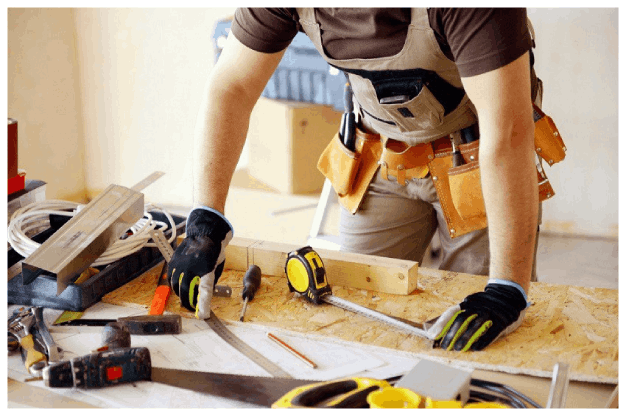Are you thinking about renovating your home? We've compiled some common renovation pitfalls that could inadvertently decrease your property's value. Renovating your home is a significant financial commitment, demanding careful consideration. Often, homeowners get carried away, incorporating too many personal touches. While you may adore these unique additions, they might not resonate with potential buyers and could even deter them. The goal of renovation is to enhance your home's value, but sometimes, it can negatively impact the resale price. Focusing on market preferences is crucial for a profitable sale.
Common Home Renovation Mistakes
Over-Customization
It's easy to go overboard with customization during a renovation. Many homeowners invest heavily to tailor every detail to their specific needs. However, excessive customization can be a significant drawback, potentially alienating future buyers. Aspects like paint colors, flooring, lighting, and carpets can become overly personalized, diminishing the home's appeal and ultimately, its value.
Overdoing Textures
Wall preparation involves several steps, including sanding, base coating, and gap filling. To cut costs, some homeowners opt for textured finishes like wallpaper or textured paint to cover imperfections. However, removing these textures can be a laborious task for future buyers, potentially discouraging them and lowering your asking price. Therefore, while textures offer a quick fix, they could hinder a future sale.
Changing Room Layouts
Combining rooms, such as two bedrooms to create a larger master suite, might seem like a good idea to increase space. However, while it might suit your current needs, this modification can backfire when you decide to sell. Many buyers prefer separate bedrooms for children or guests. Altering the original layout could limit your pool of potential buyers and negatively impact your home's value.
Installing Excessive Electronics
Integrated electronics like home theater systems, smart speakers, and built-in music systems are increasingly popular. However, not all buyers share the same enthusiasm for these features. Overdoing it on built-in electronics might lead to wasted space and turn off potential buyers. Consider the preferences of your target market to ensure your upgrades enhance rather than detract from the home's value.
DIY Disasters
While minor DIY projects like changing curtains or rearranging furniture are acceptable, tackling major renovations like electrical work, plumbing, painting, or ceiling installations without professional help can lead to subpar results. Poor craftsmanship is easy to spot and can severely devalue your home. Buyers may demand repairs, or you may be forced to lower your selling price. Entrusting these tasks to qualified professionals is always the best approach.
Bold Paint Choices
Bright or bold paint colors can be a major turn-off for potential buyers, hindering a successful sale. A fresh coat of paint in neutral tones is a simple yet effective way to prepare your home for sale. Neutral colors provide a blank canvas, allowing buyers to envision the space with their own style and preferences.
Other Renovation Mistakes to Avoid
Other upgrades that might seem appealing but could potentially lower your home’s value include adding a swimming pool, focusing renovations solely on the kitchen or bedroom, and installing overly luxurious bathrooms. Careful planning and avoiding over-customization are crucial for any renovation project. If selling your property is on the horizon, steer clear of these common pitfalls to maximize your return on investment.
